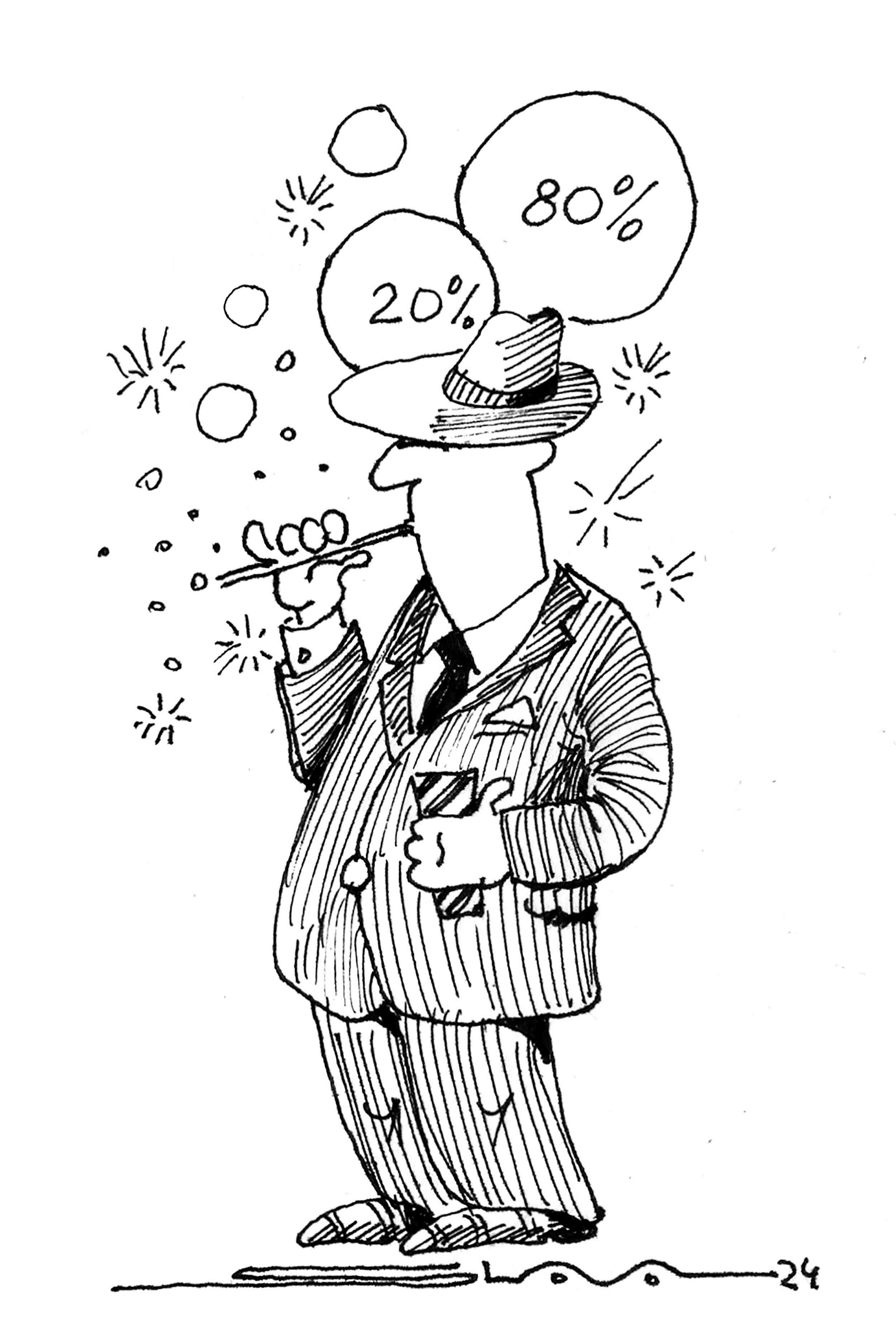diplo.service
Guide to diplomatic receptions in Berlin: Timing

Pre-planning
Some embassies take planning national holiday receptions all too lightly. They leave it too late to book venues and plan the schedule for the big evening. This is often because the budget is only approved shortly before the reception. Those who register too close to the national holiday may be in for some unpleasant surprises.
Booking
When is the best time to book? It doesn't have to be a year in advance. Four months before the event is ideal. Anything later than that is risky.
Competition with conferences
Like Singapore or Vienna, Berlin is extremely popular as a venue for conferences and trade fairs. It is not without reason that it ranks among the top five conference cities worldwide. As a result, halls suitable for large receptions are often fully booked. Multi-day events are generally more profitable for hotels than a two-hour embassy reception.
Booking deadline
It is therefore advisable to search for a suitable location in good time and to register the desired date. But what does ‘in good time’ mean? One year before the event would be too early, but two months before the date is too short. The ideal time to make an enquiry and booking would be four months before the reception.
Day of the week
Many embassies believe that receptions should only be held on Tuesdays, Wednesdays or Thursdays. ‘Tue, Wed, Thu’ yes, the fringe days Monday or Friday no. This rule is not set in stone, but it is not valid either. Since many other organisers and hosts also believe in Tue, Wed, Thu, these three days are packed with events. As a result, many guests have scheduling conflicts and cannot accept all invitations. A tip: Mondays and Fridays are also perfectly acceptable dates for events!

Summer break?
There is no need to rule out the summer months! In Berlin, you can also host receptions in the summer. Business in Berlin does not come to a standstill. Summer even offers an advantage: there are hardly any competing events at the same time.
Exhibition days
Times of big trade fairs in Berlin (such as ITB) should be avoided. Big trade fairs block everything. You won't find any rooms for receptions. Hotels lack staff for major events because all employees are needed for overnight or meeting exhibition guests.
Duration of reception
The time factor is not only important during registration, but also during the event itself. How many mistakes are made here out of passion! No matter what ambassadors are used to in their own countries or what they are accustomed to from their previous posts: in Berlin, a reception lasts two hours, two and a half hours at most – but not longer! There are exceptions, such as when an ambassador invites guests to his residence with a large grounds and hosts a summer garden party on the national holiday. Then, of course, it can take longer.
The 20:80 rule
An important recommendation from experienced organizers for the embassy reception, which lasts two to a maximum of two and a half hours, is the 20:80 rule: Only twenty percent of the time should be dedicated to the ambassador's speech, the hymns and any cultural or folklore performances. Artistic shows must not last half an hour. Eighty percent of the time should be spent eating, drinking and talking with the guests! Short formula: 20 percent stage, 80 percent communication.
Standing reception
Speaking of standing, the typical reception in Berlin is a standing reception. Guests don't notice that they're standing up if they can eat and drink while doing so. On the other hand, standing is particularly difficult if the host's welcome speech is too long and dry • and are overwhelmed by the smells from the buffet, where the food is in danger of cooling down.
Length of speech
Some ambassadors simply cram too much information into their speeches and cannot seem to find an ending. The ideal speech should not last longer than ten minutes! If an interpreter has to translate the speech, it should be even shorter.
Cultural performances
Traditional performances by singers, musicians and dancers should not be too long. Although some embassies hire top-class artists for their receptions, their performances should not take centre stage, but rather contribute to an authentic atmosphere as an attractive side event.
Mealtime
The focus is – literally – on the guests, who expect to meet certain people here and be able to talk to them. And they expect to find an evening buffet and not have to go out for dinner afterwards. If a national holiday reception typically lasts from 6 to 8 p.m., many German guests still have work commitments. Therefore, the two-hour duration and the 20:80 rule should not be overstretched.
Serving time
There is another reason not to spend more than twenty percent of the time on speeches and cultural performances: the shorter the time for the buffet and drinks, the less guests can consume on an empty stomach. This may be good for the hotel, with which a per capita flat rate has been agreed, because it then has to serve fewer drinks. But it is not good for the hosts who have to pay the flat rate, and certainly not for their guests.
Time for communication
Experienced organizers and guests know what is most important about a reception, at least in Berlin: Not the ambassador's speech, not the cultural events, but the communication between the guests. Eighty percent of the time should be planned for this.